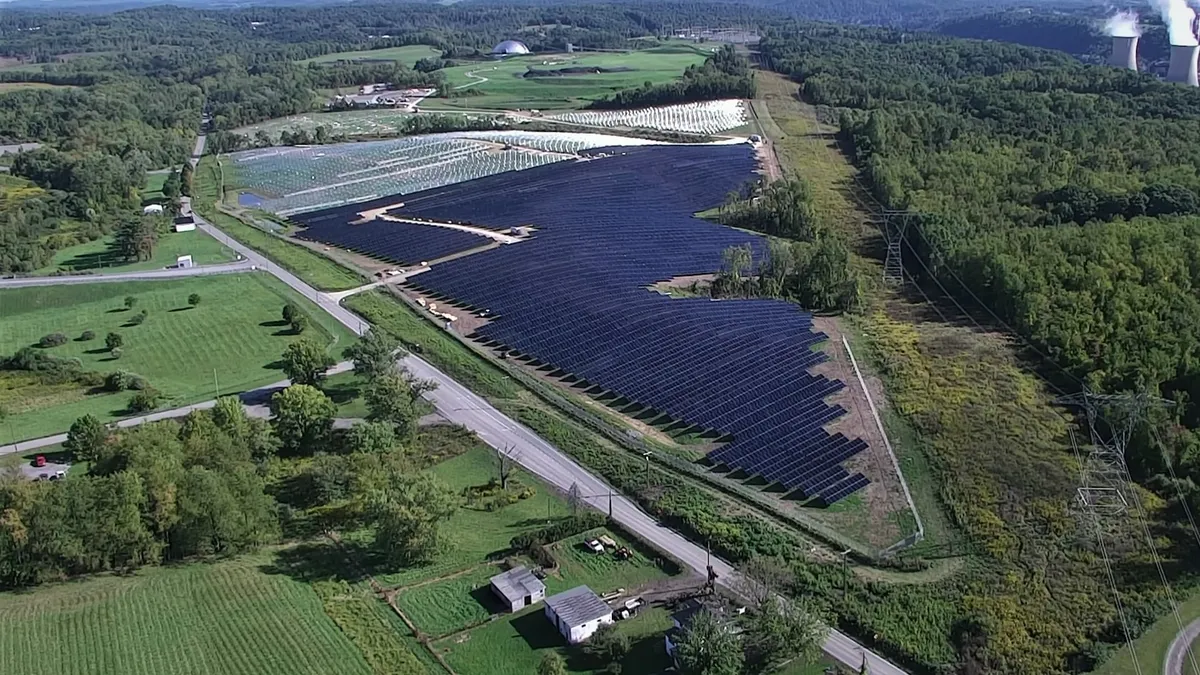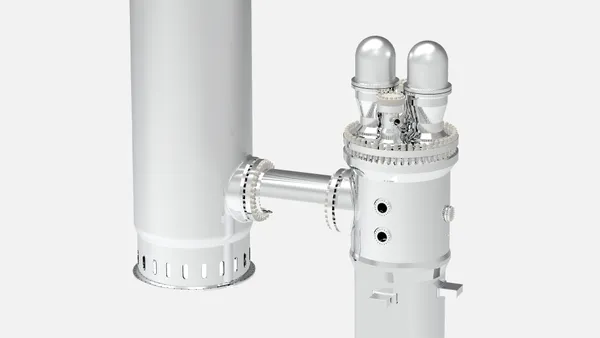Dive Brief:
- The U.S. Nuclear Regulatory Commission (NRC) has completed a safety review of plans to expand a Texas nuclear facility, concluding the project can be safely constructed and operated and that the applicants can finance the facilities, the San Antonio Business Journal reports.
- Nuclear Innovation North America LLC (NINA), a partnership between NRG Energy and Toshiba, is behind the application to construct two new units and add an additional 2,700 MW of carbon-free capacity to Texas markets.
- Earlier this year, the project cleared another hurdle when regulators determined Japan-based Toshiba did not control the project's safety, security or finances.
Dive Insight:
The NRC has completed a Final Safety Evaluation Report on the South Texas Project, ultimately concluding "the applicant is technically and financially qualified to engage in the activities," and that "issuance of the licenses will not be inimical to the common defense and security or to the health and safety of the public."
The license application was originally filed by South Texas Project Nuclear Operating Co., but was later taken over by NINA. Plans call for the addition of two new reactors, and the San Antonio Business Journal reports CPS Energy – the city's municipal utility – will own at least a 7.5% interest in the new reactors. The utility already owns 40% of the generation from the two existing units.
CPS issued a statement, calling the NRC's evaluation "an important milestone in the development of STP 3 and 4."
"We believe that new nuclear power is important for Texas and is in line with our vision of generating cleaner, zero-carbon emitting energy to meet or exceed recently proposed clean power plan guidelines,” the utility officials wrote.
While the NRC is making progress on the Texas license, a project proposed by Tennessee Valley Authority will likely be the first new nuclear reactor to come online since 1996. The 1,150-MW Watts Bar-2 unit has been the subject of much scrutiny and has been under construction for 40 years. But a week ago, it received an operating license from the federal government. The unit is scheduled to begin operations next year.















